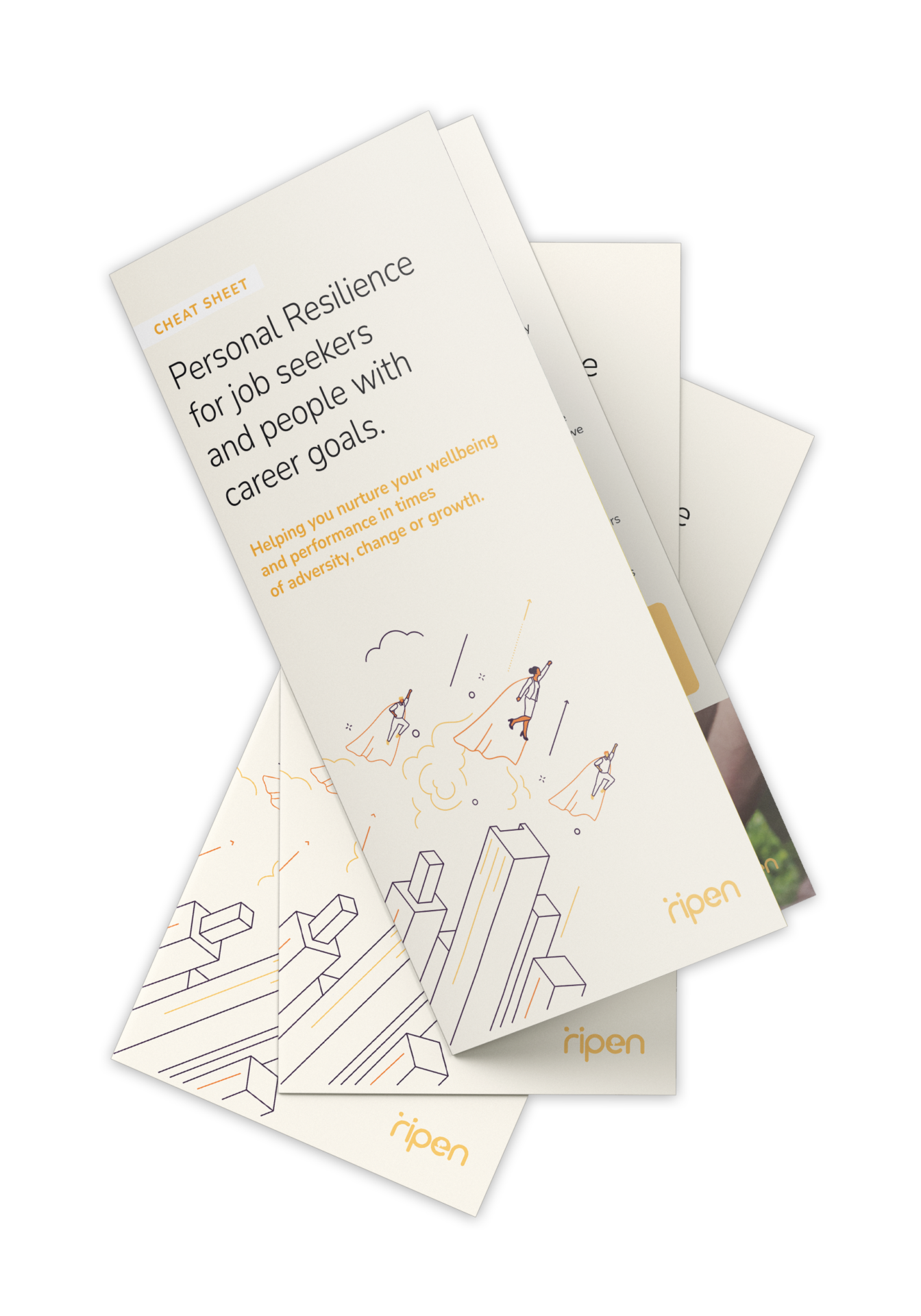For any team there’s many common threats to wellbeing and performance at work each day; large workloads, tight deadlines, ambitious targets or performance measures, and rapid organisational change to name just a few! But for Customer Service teams there are 3 significant challenges that require immense Resilience on a daily and situational basis…
1. Taking on a customer’s negative emotions!
Taking on a customer’s emotions, such as anxiety, frustration and worry, is part of the job description for a Customer Service agent and team. They acknowledge a customer’s concerns, empathise, and then take time to find a solution the customer is happy with. Performance is measured in terms of customer satisfaction scores, and a customer who reports a low score is like running backwards on a treadmill — it doesn’t end well for anyone!
Taking on other people’s negative emotions directly impacts on our own emotions, and therefore our wellbeing and outcomes. It’s not uncommon to carry negative emotions around with us e.g. from work into the home environment, or vice-versa. If our Resilience and wellbeing is being lowered by our work, then we may be seeing the impacts of this in all facets of our daily work and lives.
2. Having our stress response constantly triggered by others stress!
Our stress response can be triggered by the stress response of those we interact with. We are energetic, emotional beings and we pick up and take on what’s going on in our environment/s. Babies for example literally thrive off the energy they get from others, so it’s not surprising their stress response is triggered in noisy or dangerous places even though they cognitively have no understanding about what their environment means!
We don’t lose this unconscious connection to the environment and others’ energy as adults, we just don’t acknowledge it or consciously manage it. So dealing with customers who are stressed can result in customer service teams who are constantly stressed! This becomes a significant issue for team wellbeing and performance as persistent stress leads to cognitive impairment and fatigue, meaning problem solving and wellbeing is reduced. While persistent fatigue leads to burnout, meaning staff absenteeism, presenteeism and poor staff retention is increased!
3. Taking on others’ problems as our own!
Most people who work in Customer care roles genuinely care about others. They enjoy making customers happy and resolving issues for customers is rewarding for them. For many, this involves going over and above in solving problems and often taking on others’ problems as their own. This may involve burdening themselves with unsolved problems even after their work day has ended.
An unhappy customer could mean a poor customer service rating, and this measure is how customer service agents and teams are performance managed and keep their job. Carrying work-related burdens around with us means not being able to switch off from work, impairing ability to be present, focused and Resilient in our lives inside and outside of work.

